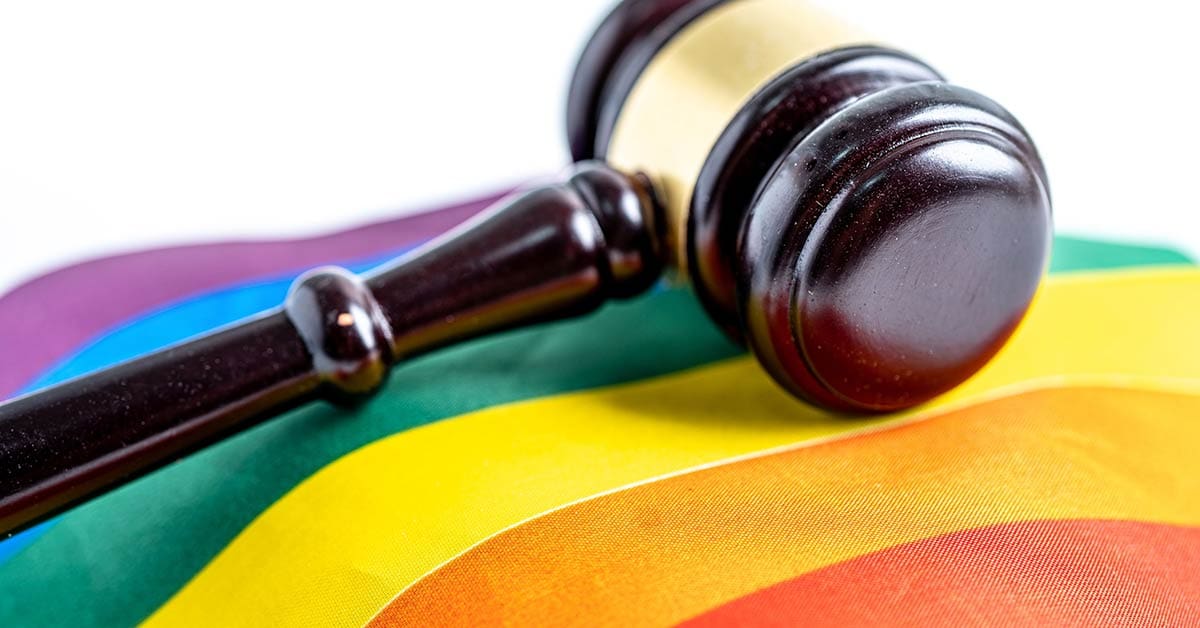Uganda: Constitutional Court to hear challenges to anti-LGBTQ law

The Constitutional Court of Uganda has confirmed that it will review three petitions challenging the constitutionality of the country’s Anti-Homosexuality Act.
The court announced that all legal arguments must be submitted by September 19, with the conference hearing scheduled for October 2.
One of the petitioners, Chapter Four Uganda, expressed their appreciation, stating, “We welcome this opportunity to present our case to the Court.”
Petitions Filed Amid Controversy
The petitions were filed shortly after President Yoweri Museveni signed the draconian law in May of this year.
In June, the Attorney General of Uganda called for the Constitutional Court to dismiss the petitions, asserting that they were filed in bad faith and lacked merit.
The petitioners, however, argue that the law infringes upon the right to privacy, freedom of the press, and freedom of expression. They also contend that the law was rushed through parliament without adequate public consultation, particularly with the LGBTQ+ community.
In 2014, the Constitutional Court struck down an earlier, less severe version of the law, citing a technicality regarding the lack of required quorum of MPs during its passage.
Impact of the Anti-Homosexuality Act
The Anti-Homosexuality Act imposes severe penalties, including life imprisonment for engaging in homosexual acts, the death penalty for “aggravated” homosexuality, and a 20-year prison sentence for advocating LGBTQ+ rights.
Even landlords can face up to seven years in prison if they knowingly allow their premises to be used for homosexual activities.
Reports indicate that since the law’s enactment in May, at least five individuals have been charged under the Anti-Homosexuality Act, with two of them facing the death penalty for alleged “aggravated homosexuality.”
In a recent report, the Human Rights Awareness and Promotion Forum (HRAPF) revealed that in August, the third full month of the law’s implementation, it dealt with 26 cases of individuals being evicted from their homes due to suspicion of homosexuality.
The report also documented 13 cases of violence against individuals based on their actual or perceived sexual orientation, gender identity, or expression in August.
Leave a Reply